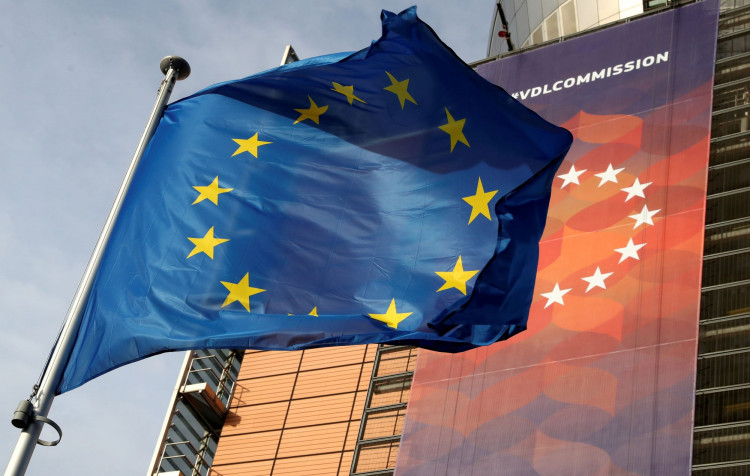The new Digital Services Package was approved by the European Parliament on Tuesday, moving the EU one step closer to implementing its updated plan to regulate Big Tech and the internet.
The package contains two pieces of legislation: the Digital Markets Act, which aims to foster honest and open competition in the digital sphere, and the Digital Services Act, which defends the rights of internet users. The two laws together offer a new set of regulations for all digital services, such as social media and online marketplaces.
On Tuesday, the Digital Services Act (DSA) was approved by a vote of 539 for, 54 against, and 30 abstentions. Having received 588 votes in favor, 11 votes against, and 31 abstentions, the Digital Markets Act (DMA) was passed.
The two rules represent the EU's most significant move yet to hold Big Tech accountable, with eye-watering fines for noncompliance. For DMA breaches and DSA breaches, large computer corporations could be subject to fines of up to 10% of their global turnover, which could amount to billions of dollars.
Europe has consistently demonstrated leadership in this area by putting regulations in place to control Big Tech and to protect internet users' rights in the online environment, as nations throughout the world grapple with the best ways to regulate the internet.
Although not all of these initiatives are universally seen as successful by digital businesses and critics, they have a significant impact on how tech corporations behave and how other nations, such as the U.S., formulate their legislation.
Ursula von der Leyen, president of the European Commission, declared that the organization "will be the digital regulator for the biggest platforms."
The DSA defines the obligations of technology and internet corporations and constitutes the first significant revision to EU law in this field in roughly 20 years.
To prevent the spread of dangerous information during emergencies like the pandemic, businesses must implement processes to monitor their platforms for harmful content like COVID-19 misinformation.
Additionally, businesses must make user interactions more transparent and streamline user agreements.
The DSA also prohibits targeted advertising that makes use of private information like sexual orientation or political and religious convictions. Ads that specifically target children are likewise prohibited.
The law enters into force once a formal 15-month transitional phase begins after it has been adopted by all EU member states, which is considered to be a formality.






